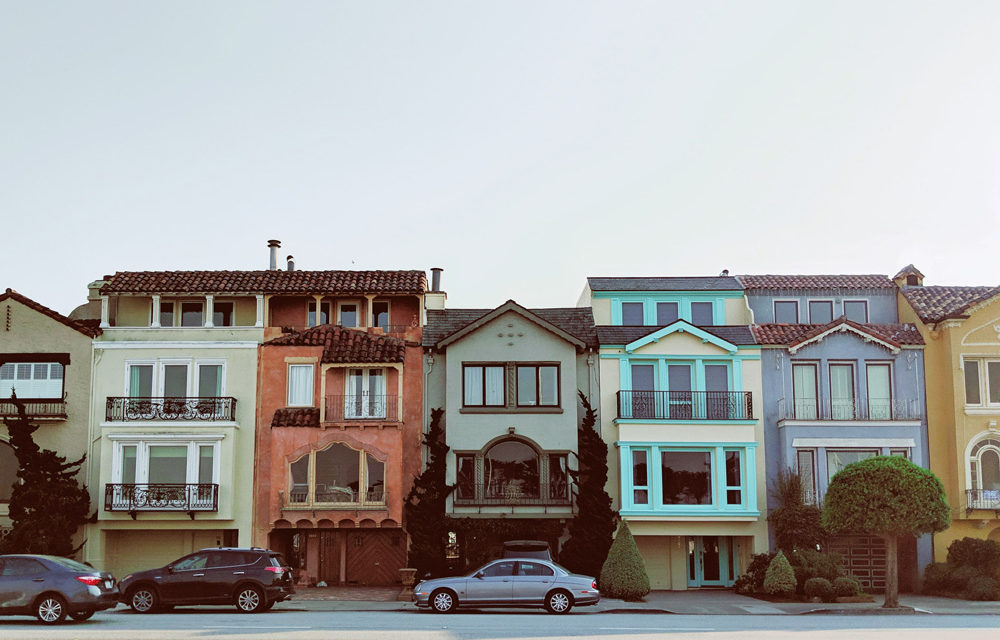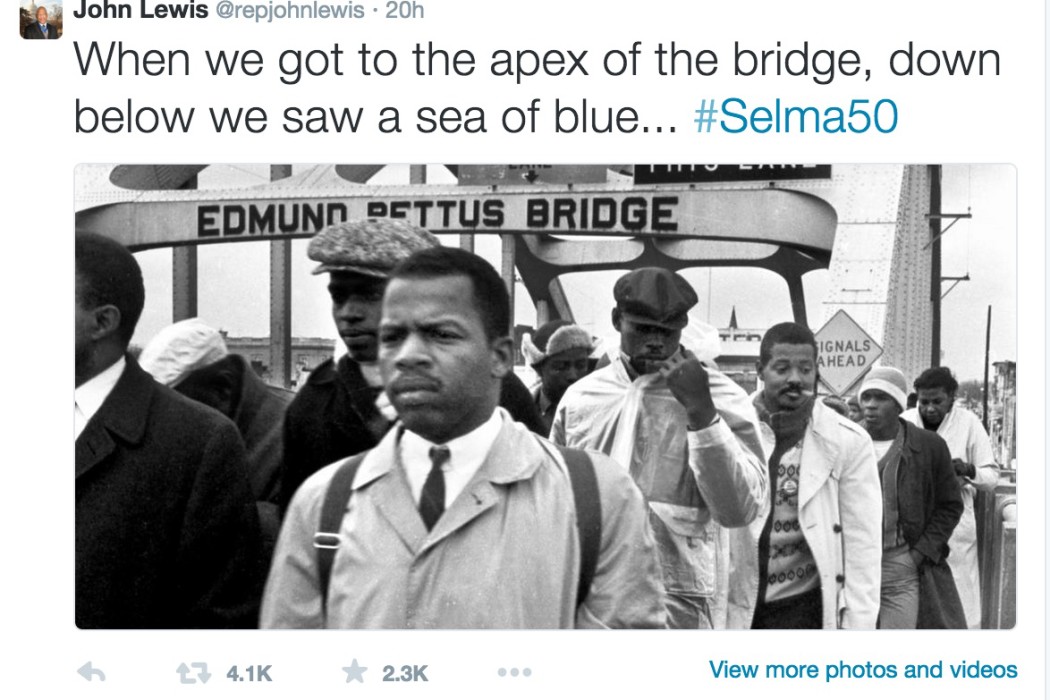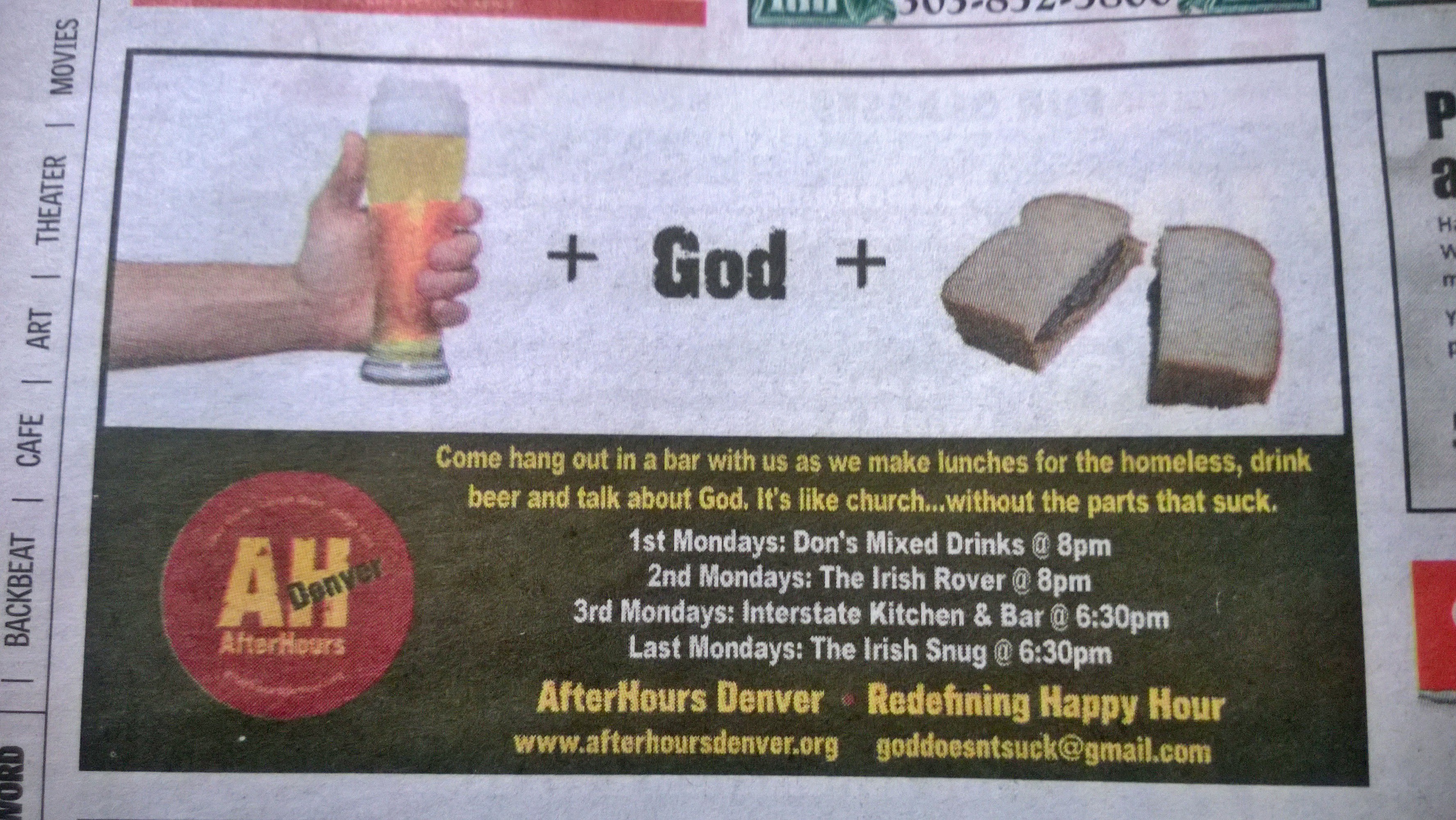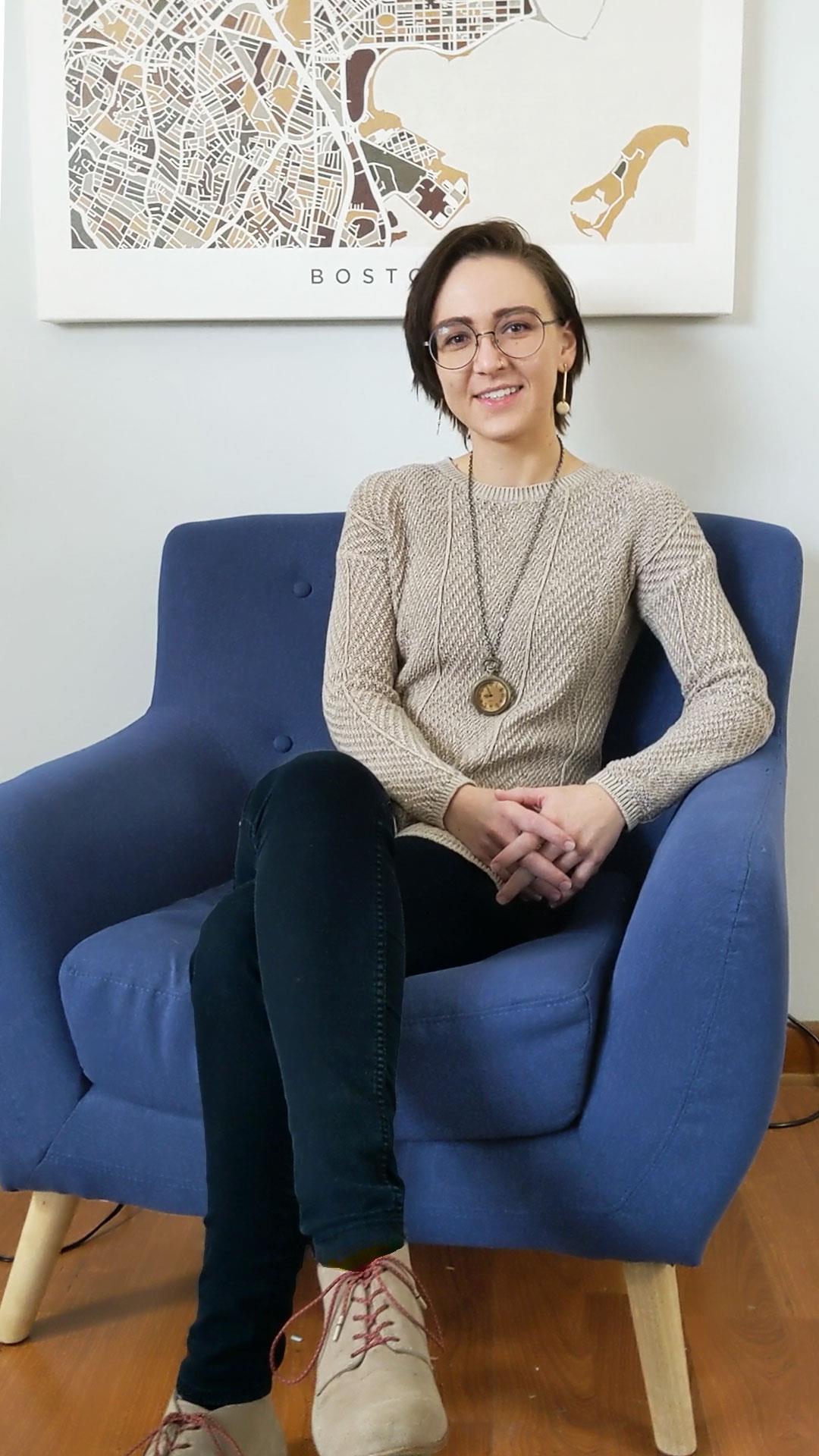Last month, I stepped on Denver’s RTD light rail downtown and found a handle to stand under. A woman saw me and, making room, invited me to come sit down. I was moved that she cared about the comfort of a stranger and decided to join her on the seat.
She appeared to be around 60 years old, and like those years had weathered her. Her name was Tillie.
Tillie began sharing some of her life. She had lived in Denver her whole life. She was unmarried, with a daughter in the Marines. And she worked in food service at Denver’s Pepsi Center. This was the same week Kobe Bryant and his daughter Gianna had died in a plane crash. The atmosphere at the stadium had been somber, and that she interacted often with NBA players at her stand and tried to just treat them like normal people.
But what was wearing on her that morning was that her hours at work were going to be shorter than usual that week. She was worried she would not make rent. Tears were thick enough in her eyes that they traced down her face.
As she got off at her stop, she smiled. “I was feeling scared today, but just talking to you already turned by day around.”
I left, moved, but thinking, I am not a hero. My presence didn’t do a thing to help secure her rent. God, please make a way for Tillie.
Now, the stakes are even higher.
A few days ago, the NBA announced the cancellation of its season. And today marks exactly one month since I met Tillie. Today, I think of her, and I worry about her. If a few hours of time off work created housing insecurity questions, what would a seasons of closures mean? Will she be among the 144 out of 1000 people in her age bracket who will die if and when she contracts the virus?
The reality is, I will likely never see Tillie again. Had she not gone from a stranger to a person with a name, I would never have known to care about her life at all.
Yet the other reality is: Tillie is my neighbor. Tillie is my neighbor. Tillie is my neighbor.
Somewhere not so distant, a neighbor needs me.
The Coronavirus pandemic is starting to unfold in the West. And we are starting to see the big picture of why global response is so drastic: the vulnerable are even more vulnerable.
I am not talking only or even primarily about the physically vulnerable. At least as much, the risk is toward those who are socially and economically vulnerable.
Low income families with children. Single dads and moms. The elderly. Foster kids. College students relying on school for food and housing. Homeless kids. Kids who rely on school lunches. Prisoners with no choice but to live in close quarters. Those with HIV or other immuno-deficiencies. Anyone living paycheck to paycheck. Kids in undocumented families.
The list goes on, and no member of this list is unimportant.
I pray that you are ready to receive this fact:
You signed up to care for those most adversely affected.
You, beloved, have already signed up to care for the poor, sick, and needy.
How do I figure?
“And Jesus, looking at him, loved him, and said to him, ‘You lack one thing: go, sell all that you have and give to the poor, and you will have treasure in heaven; and come, follow me.'” – Mark 10:21, ESV
If you claim to follow Jesus, you must follow him into this. He did not leave this as an option. Either you follow him or your don’t. But he didn’t offer the option to claim he is your Lord and the determine of your fate while not obeying him in this.
If you do not claim to follow Jesus, my statement still stands. If we are not here to help other people, what are we even doing? What matters if vulnerable living beings do not matter? But you matter, and so I, and so does the stranger and even the “enemy” living next door to you and to me.
Now is not the time to decide who is worthy of our help. Why?
Because we have already signed up to care for the poor, sick, and needy. Period.
Ways to help.
There are far more ways to help vulnerable people this season than will immediately come to mind. I’d like to share a few just to get us moving in a direction that will truly change things. Three of these ideas are thanks to this article from The Philadelphia Citizen. Please read the whole Citizen article for even more helpful ideas.
1. Limit spread of disease.
According to some estimates, 60-80% of the population will contract COVID-19 at some point in the future. But with health infrastructure with limited capacity, slowing the spread will increase availability of care as the virus cycles through the world’s population. Here’s the CDC’s primer on best practices.
2. Check on your actual neighbors, especially the elderly and those with kids.
If you know me, you know I believe in the power of investment in local community to actually buffer our society against a host of threats.
Check on those around you on your block, hall, or floor. If you have people’s contact information, call, text, or reach out on social media. If not, you can stand at a distance at their door. You can also include your contact info on a note on their door with your contact info giving them permission to call or come to your door if they have need.
Especially if you are prevented from working in the coming weeks, you have an amazing opportunity to connect with neighbors, built trust, get to know their and their family’s needs, and determine how best to help. This can be socially tricky to navigate to help someone while also communicating respect. But it’s worth it to try rather than avoiding altogether. If you have time, watch kids. Do dishes. Do laundry. Bring over PBJ sandwiches or another simple lunch that fits folks’ dietary needs. If you have financial resources, offer to help pay for a nanny or meals-on-wheels program until the end of the month. Ask your small group to help out if you’re already feeling stretched, or rally around a few other friends, family members, or roommates to support a neighbor. There is always something you can do.
3. Reach out to representatives.
The federal government will not be moved to action by your tweets or Facebook posts. But your local representatives might be moved by your phone call, which takes the same amount of time to complete.
As Press & Shepelavy suggest in the article I referenced: “[F]ind out what measures [your representatives are] putting in place when it comes to paid sick leave, WIC and SNAP benefits, and other relief efforts for citizens. Ask them what they’re doing to increase access to COVID-19 testing, and how they’re preparing for the weeks and months ahead” (Source).
Here in Colorado, Governor Polis has already declared a state of emergency and is advising emergency lawmaking regarding sick leave and unemployment. There is testing available for those with symptoms. Still, the most immediate needs for even the healthiest hourly employees will require a lot of movement that may or may not happen depending on the state, city, or business.
Governments will do some to help. It may vary from place to place what is offered, and it may take time to come down the pipeline. This is why we need all hands on deck.
4. Support the homeless.
While gifts-in-kind are helpful, donations to homeless shelters and centers can often be stretched further due to bulk buying and existing network connections with businesses producing food, hygiene products, and clothing. Here in Denver, we have places like Urban Peak, Impact Locally,
5. Pray.
I put this last not because it isn’t important, but because I actually want you to start here rather than stopping here. Prayer keeps people on our minds. It increases our love and concern for people. It aligns our heart for people with God’s heart. And, it actually changes the spiritual landscape to remove barriers and open doors. In Matthew 9, when Jesus laments that there are not enough people actually doing something to help, His first command is for us to pray that God sends more people onto the frontlines. Praying can be a laziness or unwillingness to help. OR prayer can actually stir up our willingness to help. Therefore, start with prayer and just please don’t stop there.
_____
Again, I encourage you to read about more ways to help at The Philadelphia Citizen.
Every need is an opportunity. We can use those opportunities for greed or fear – or for love and wisdom.
I’ll say one more thing:
You are already noticed by God.
Even in writing this blog post, my heart is guilty of wanting notoriety. To be praised for talking about helping (not even actually helping!). The truth is that even apart from others seeing, I am seen by God, and that can be enough.
If you are wanting to help, you are noticed by God. So you are freed up to help in secret. Being a hero cannot be our goal. The goal is to be faithful. May we desire, above all else, Good for every type of person, especially the ones who most easily slip through the cracks.
If you are in need of help, you are also noticed by God. Your needs are seen. In Luke 6, Jesus says, “Blessed are you who are poor, for yours is the kingdom of God. Blessed are you who are hungry now, for you shall be satisfied. Blessed are you who weep now, for you shall laugh.” I want to assure you that you do not have do resort to addiction or unethical things to pursue your needs being met. You, too, can live with integrity, even in a time of need. And I also pray that those around you, especially the healthy and well off, will be God’s hands and feet to you, and that God will give you peace and hope and connection as much as tangible provision.
We signed up to care for the poor, sick, and needy. In this season of need, and therefore of great opportunity, let’s fulfill that calling with integrity.





